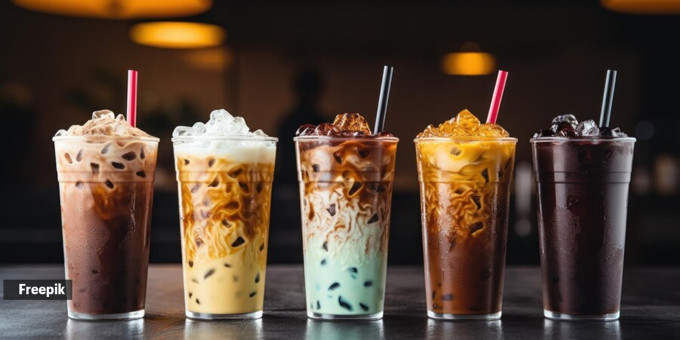Bottled cold coffee can lead to insulin spikes; experts elucidate
Summers call for refreshing coolers and ice coffees. Cold coffees are a delicious staple- easy to make and even easier to polish off! With bottled cold coffees flying off the racks, we look at their nutritional impact (or lack thereof) on the human body, and find out ways to counter and reduce insulin spike.
“Most of the bottled cold coffees contain an average of 15gm per 100 ml added sugar. This added sugar can cause insulin spikes due to a blood glucose level spike,” shared Dr Monal Velangi, Senior Dietitian, Dept. of Nutrition and Dietetics, K J Somaiya Medical College, Hospital and Research Centre.

“Frequent drinking of bottled cold coffee can cause blood insulin levels to increase often, which may eventually lead to insulin resistance—a condition in which cells lose their sensitivity to the effects of insulin. If left untreated, this may eventually result in increased blood sugar and increases the risk of type 2 diabetes,” shared Garima Dev Verman, a certified nutritionist and medical content analyst, The Healthy Indian Project (THIP).
Easy ways of reducing these spikes
“A better alternative is to have sugar-free cold coffee. However, meta analysis by Moon et al., 2021 indicated the long term caffeine consumption did not have a significant impact on insulin resistance and sensitivity. Caffeine intake causes rise in epinephrine hormone, blocks adenosine, and slows down glucose and insulin release,” Velangi said.
Verman offered this trick of having a bowl of salad before ordering your packaged cold coffee, as the fibre in the salad will help reduce insulin spikes.
Ideally, Velangi said that cold coffee without added sugar would be a good option to choose, along with decaffeinated coffee, about 1/4th teaspoon per cup.
 A better alternative is to have sugar-free cold coffee. (Source: Freepik)
A better alternative is to have sugar-free cold coffee. (Source: Freepik)
From a health point of view, it is better to stick to less than 2 cups per day, as moderation is a key to avoid any other health impact and reduce the risk of non communicable diseases and comorbidities.
Verman said that people with diabetes should avoid it entirely, while healthy individuals in their 30s or 50s should only have it at social events. “These packaged cold coffees should be better served as occasional treats rather than as everyday indulgence,” she added.
Who are more prone to such spikes?
Velangi said that anyone consuming sugar based coffee would experience these spikes, especially if consumed in early mornings, dawn and late nights. “Mostly people suffering from impaired glucose tolerance, prediabetes and diabetes are at more risk for such spikes,” she added.
According to Verman, people who are overweight, have diabetes, are pre-diabetic, young children, or elderly should not drink packaged cold coffee. Children and elderly people with vulnerable bodies who consume packaged cold coffee may experience negative reactions.
📣 For more lifestyle news, click here to join our WhatsApp Channel and also follow us on Instagram
Disclaimer: The copyright of this article belongs to the original author. Reposting this article is solely for the purpose of information dissemination and does not constitute any investment advice. If there is any infringement, please contact us immediately. We will make corrections or deletions as necessary. Thank you.

